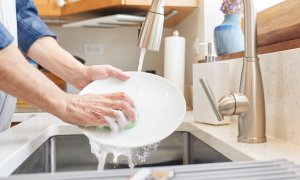

We may earn revenue from the products available on this page and participate in affiliate programs. Learn More ›
If you’re dealing with yellow stains in your sink, clogged plumbing, and dry skin and hair, then chances are you have hard water, which is an excess of dissolved minerals in your water. If a test confirms this problem, the best fix is to install a water softener. A water softener treats water where it comes into your home, exchanging the calcium and magnesium ions that make up hard water with sodium or potassium ions.
These machines consist of a tank that typically sits in a garage, basement or utility room close to where your water enters your home. They use calcium, magnesium, and other minerals from your water using a process called ion exchange. Once installed, all you need to do to maintain your water softener is periodically fill it with salt. How can you know whether a water softener purchase may be in your future? Pay attention to the signs.
1. A professional water test says you need one.
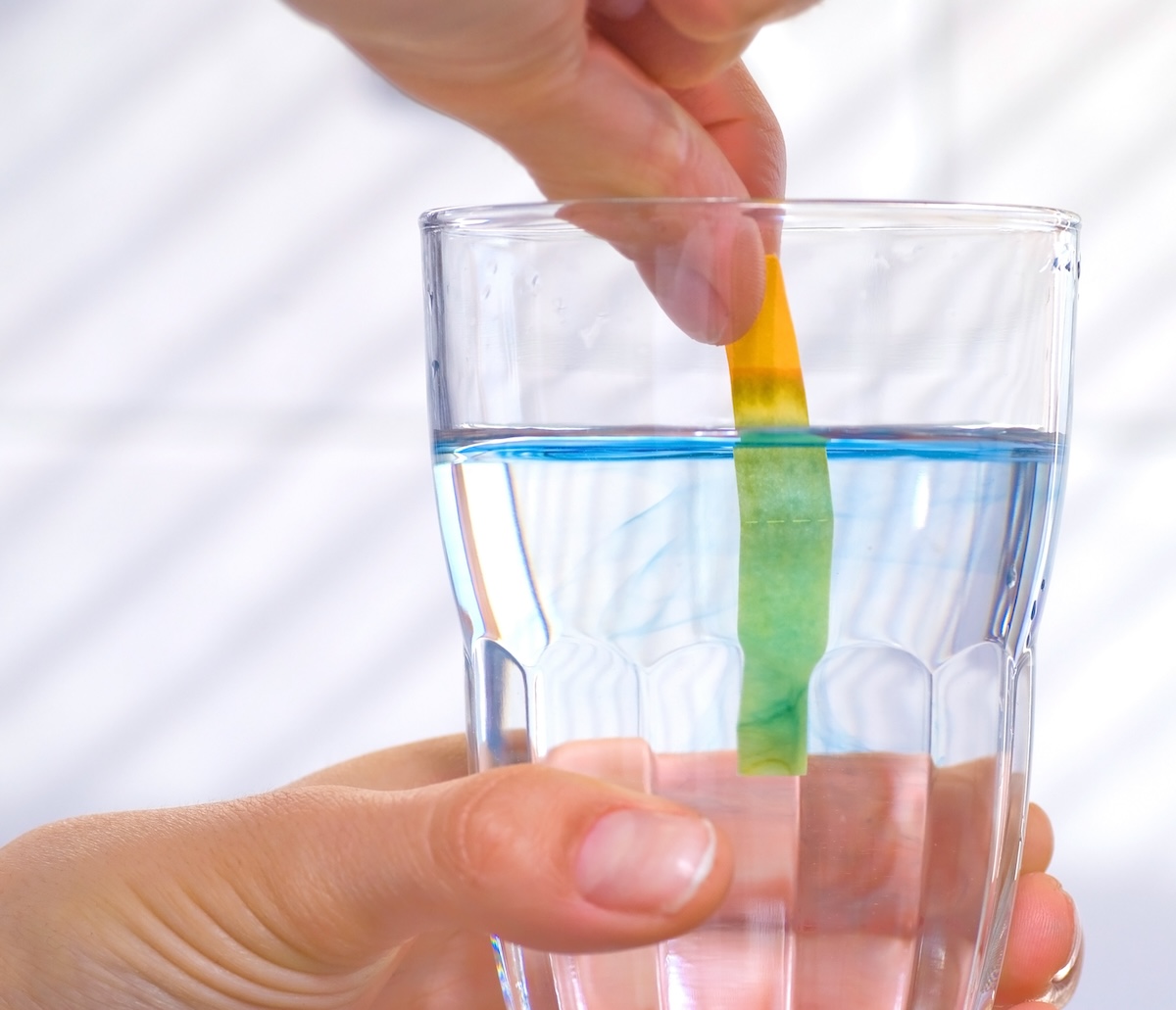
DIY water testing kits, which are widely available at home centers and hardware stores, are a quick and affordable way to determine if your home has hard water. We recommend that you follow a DIY test with a professional test before spending the money on a quality water softener.
“DIY testing kits are effective at giving general ranges of water hardness, but lack precision,” says Mike Sale, Home Water Systems Expert and Certified Water Sommelier for Delta Faucet. “Professional testing can be worthwhile if you are trying to get a more precise reading and very much so if you are trying to diagnose a broader set of issues and want to measure a series of other contaminants alongside the hardness.” Many companies offer take-home sampling kits that you can drop off or mail in to have your water evaluated for a fee.
Sale also recommends contacting your local water department to obtain a water quality report, which will include data about water hardness.
Water is classified according to the milligrams per liter (mg/L) of dissolved calcium carbonate:
| Water Classification Levels | |
|---|---|
| 0 to 60 mg/L | Soft to slightly hard |
| 61 to 120 mg/L | Moderately hard |
| 121 to 180 mg/L | Hard |
| Greater than 180 mg/L | Very hard |
2. There are stains on your bathroom fixtures.
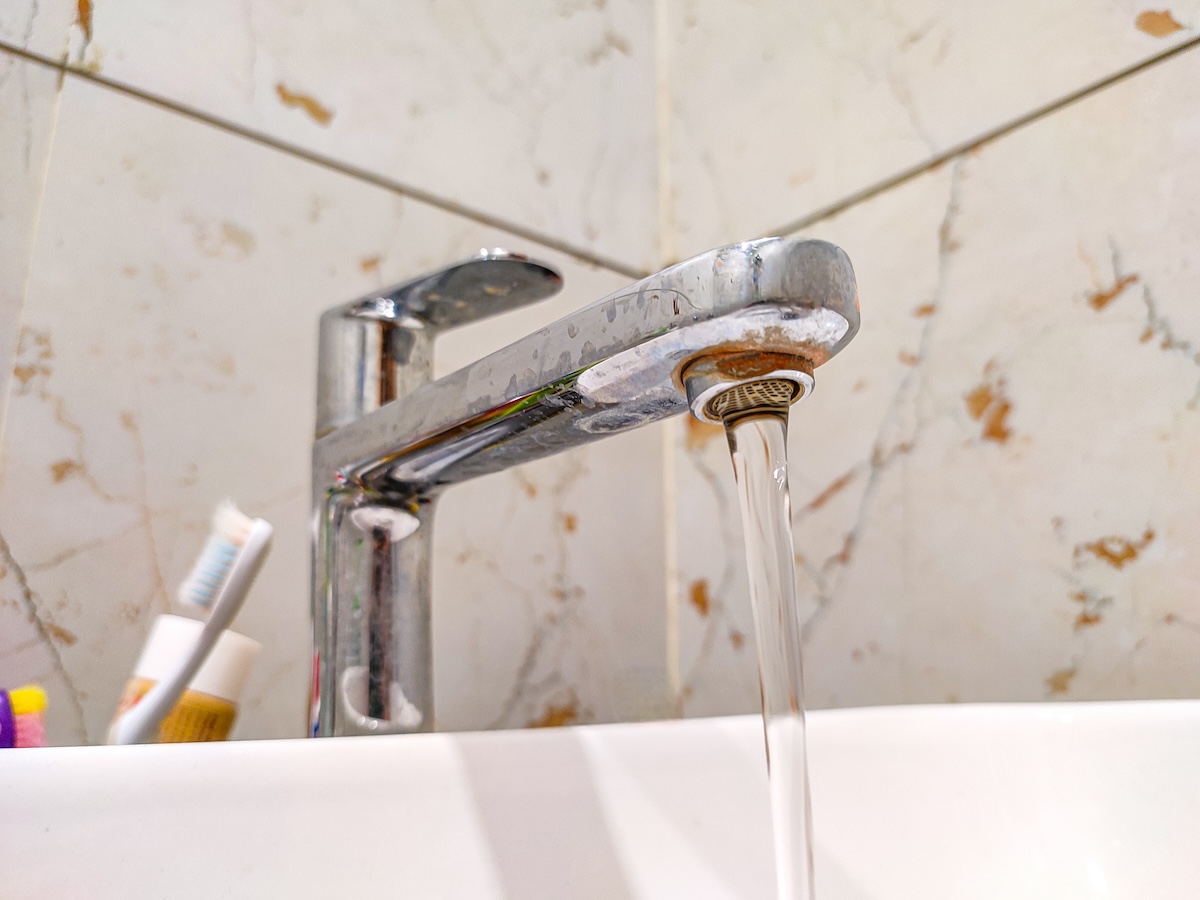
Because hard water contains dissolved minerals and metals, it can create ugly, stubborn stains on your sinks, toilets, and bathtubs, and leave white, scaly deposits around your faucets. “You’ll usually notice hard water by the buildup it leaves behind,” says Al Fagundes, the founder and CEO of A. Fagundes Plumbing & Heating. “Think cloudy spots on your glassware, white chalky residue around faucets and showerheads.”
The fix: To remove hard water stains on faucets:
- Spray with white vinegar
- Let sit for a few minutes
- Rinse and wipe thoroughly with a soft cloth.
3. Your glassware is cloudy and spotted.

Hard water will leave mineral deposits on your dishes, leaving a cloudy film and spots. This is particularly noticeable on glassware. Another sign that you have hard water is poor dishwasher performance; the minerals clog the spray arms and prevent detergent from lathering properly, compounding the problem.
The fix: You can use special detergents and rinse aids designed for hard water to counter this problem, but installing a water softener is a better long-term fix.
4. There’s scale buildup on your appliances and dishware.
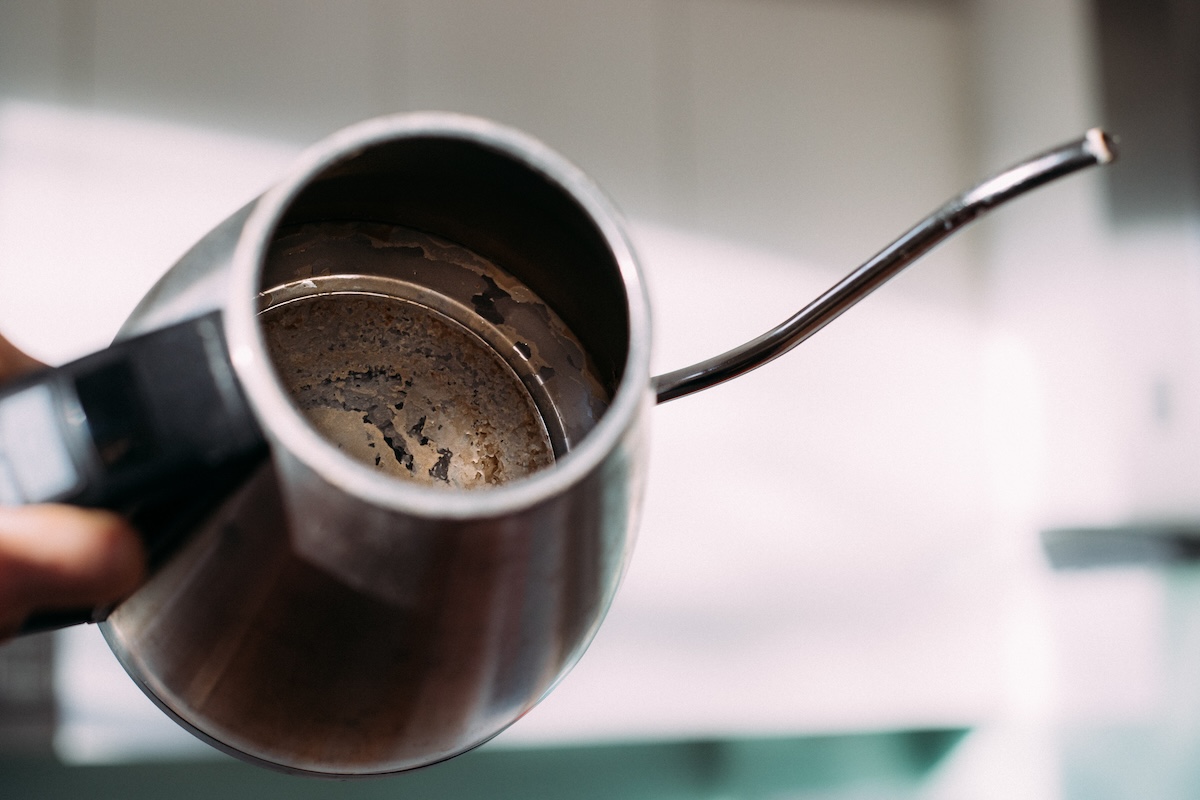
Mineral deposits, known as scale or limescale, can build up on your pots, coffee pots, tea kettles, dinnerware, glassware, and cutlery, leaving a hard, chalky film that is difficult to remove. Even worse, scale can build up inside appliances that use water, such as dishwashers and washing machines, as well as inside your plumbing system, leading to expensive repairs.
“[Scale] makes your plumbing work a lot harder than it should,” Fagundes says. “Faucets can clog, water pressure can drop, and parts like washers and valves wear out faster. It’s slow damage, but it adds up.”
5. Your houseplants aren’t looking so great.
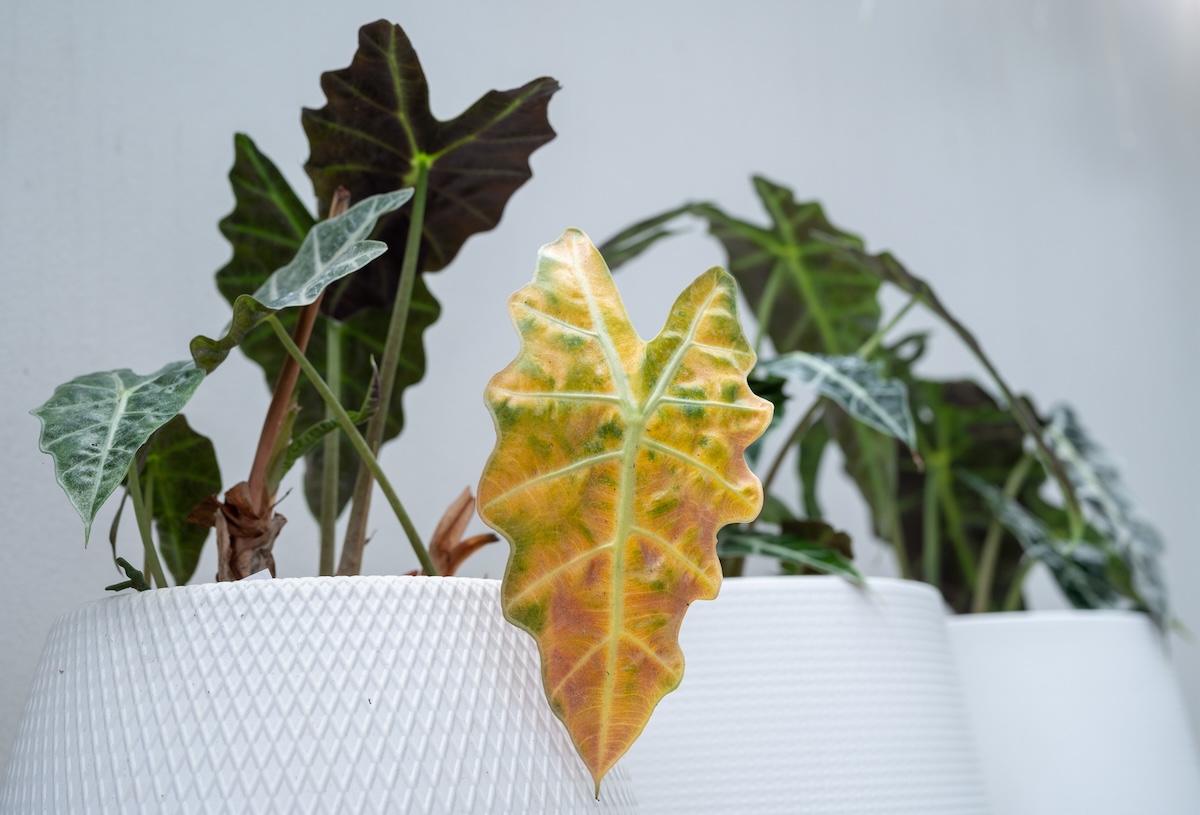
While calcium and magnesium in hard water can be a benefit to plant health, too much can be a bad thing. A high concentration of minerals in the water you use to irrigate your plants can create a build-up of minerals on leaves and in the soil, preventing plants from absorbing nutrients. Since hard water is alkaline, it can particularly be a problem for plants that like acidic soil, such as rhododendrons, azaleas, and hydrangeas. While you can filter water for houseplants, you’ll need a water softener for irrigating landscaping and gardens.
6. Your utility bills are creeping up.

If your utility costs are rising, you may want to check your home’s plumbing for signs of scale. Over time, scale buildup can clog pipes and as this happens, your heating system has to work harder to push water through. As well, scale buildup can affect the energy efficiency of boilers and hot water heaters. Addressing these problems can help you save money on your water bill.
7. Your laundry is dingy.
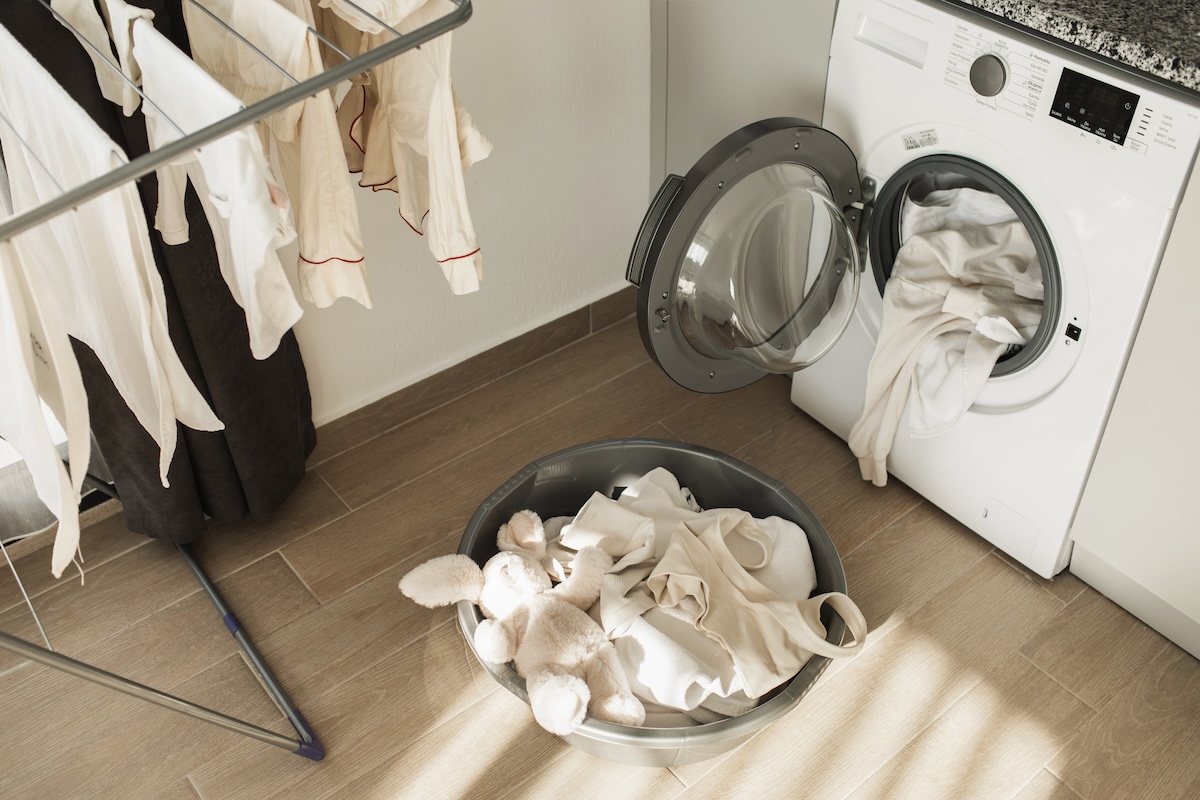
Among many other laundry issues, hard water makes soap and laundry detergents less effective, and can leave behind a scummy residue that causes your linens and clothing to fade, appear dull or gray, develop a sour smell, and become rough and scratchy. Washing clothes and linens in hard water can also cause premature wear on the fabric.
8. Food in your home tastes funny.
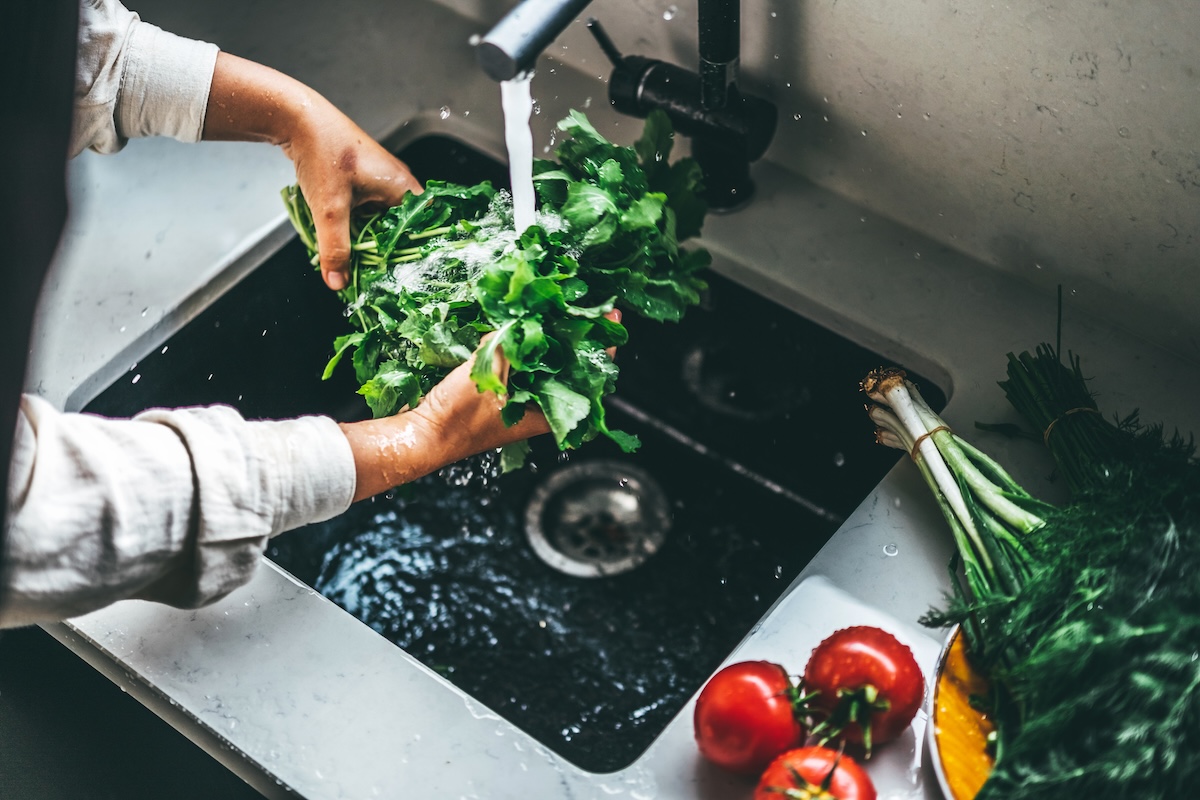
The presence of minerals in water changes its flavor, which affects the taste of not only water you drink from the tap but also the food you cook with it. “Too many minerals can dull the flavor of cooking, and affect the brewing process of coffee or tea,” Sale says. Hard water can make food and drinks taste bitter or metallic.
The fix: Filter any water you use for drinking and cooking.
9. You have dry skin and hair.

The minerals in hard water can leave your skin and hair dry, flaky, and itchy, and can also block your skin’s pores, causing pimples, blackheads, or inflammation. Because soap doesn’t dissolve properly in hard water, a sticky soap film can linger on your skin and prevent the removal of bacteria and dirt. The same sticky film can make your hair dry, dull, and limp.
10. You’re having problems with your water heater.
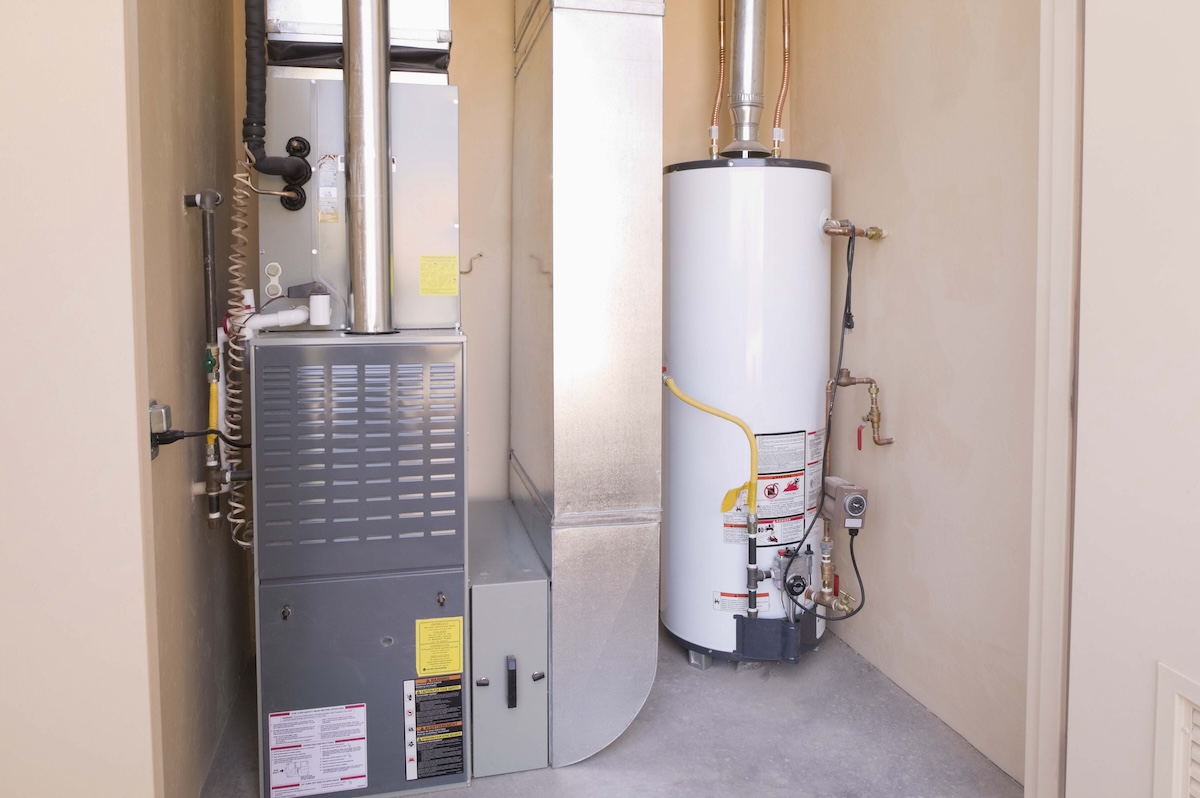
One of the most costly and inconvenient signs that you need a water softener is having your water heater malfunction or fail. Hard water can lead to rapid and premature aging in water heaters, especially electric models, because heating hard water accelerates the formation of scale inside the tank as well as on the tank’s expensive heating elements.
